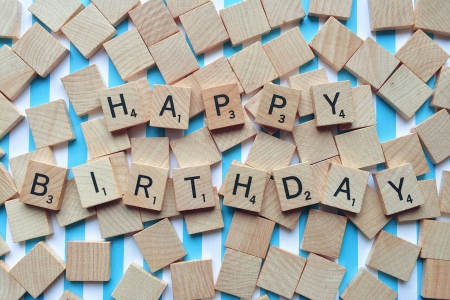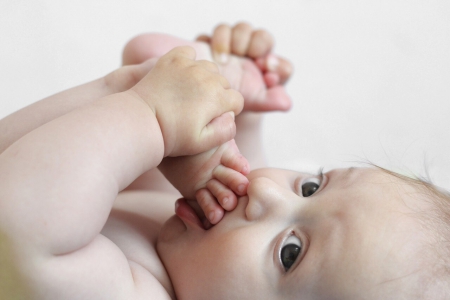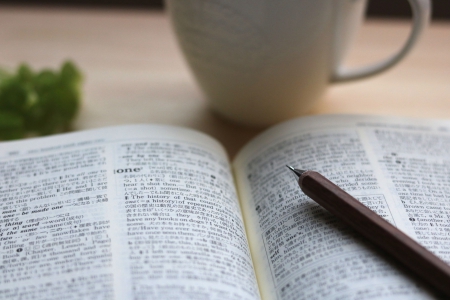Hello! How are you learning English? This is the 4th edition of the English expression series that Japanese people don’t know. The first abbreviation of the series will also appear this time, so please enjoy it! Let’s get started.
I’m with you there.

Isn’t the word “agree” most likely to come up with “agree”? Actually, native speakers don’t use this agreement. It’s the same as a Japanese saying “I understand” without saying “I agree”. You can express your feelings of consent without using the word agree!
Meaning and usage
I’m with you = I mean you ’re with you, there ’s there. You can use it when you want to show that you have the same opinion in a conversation between friends, or if you want to show your approval.
It’s extremely hot, I don’t wanna work.
(Hot ~ I don’t want to work ~)
I’m with you there.
(I understand)
Related words
I’m on your side.
(agree)
I feel the same way.
(I feel the same way as you)
HBD=Happy Birthday

Did you know that there are many ways to say Happy Birthday? There are many ways to say it is a little early but happy birthday, a little late but happy birthday!
Meaning and usage
HBD stands for each acronym. H = Happy B = Birth D = day. This abbreviation can be used on social media and email.
HBD! Have the best day.lots of love.
(Happy birthday! Have a nice day. Lots of love)
Thanks a lot!
(Thank you!)
Related words
Happy early Birthday.
(Slightly early but happy birthday)
Happy belated Birthday.
(Happy birthday but a little late)
Very best wishes on your Happy Birthday.
(Let’s have a nice birthday)
What’s up?

This is the “What ’s up?” That men who use native speakers often use less. It’s almost the same as How are you ?, but more casual.
Meaning and usage
What ’s up? Is a shortened form of what are you up to? What are you doing originally? However, I think it ’s better to think of what ’s up? When translated into Japanese, it feels like “Yo!”
What ’s up?
(Yeah! How are you?)
Not much.
(Oh!)
I was sad and misty-eyed.

It is cry that tears flow, but how does it express that tears accumulate in the eyes and urule?
Meaning and usage
Misty-eyed means Misty eyes, that is, Uluru teary eyes. The Japanese word “tears” is the perfect English expression.
Did you hear that news?
(Did you hear that news?)
Yes, I was sad and misty-eyed.
(Yeah, I was sad and urulped)
Related words
I may cry.
(I am going to cry…)
I might cry.
(I was about to cry …)
My lips are sealed.

This seal is a Japanese word “seal”, but in English it is a word meaning “seal”. How do you use this expression with such words?
Meaning and usage
My lips = my mouth is sealed = that means “secrets you hear won’t be leaked to anyone”. Use this expression when you have a secret.
Make sure this stays between you and me.
(Don’t tell anyone)
Ok. My lips are sealed.
(Because it’s okay and firm)
Related words
I can keep a secret.
(I will keep the secret)
You can trust me.
(trust me)
Conclusion

The advantage of actively incorporating the expressions used by such native speakers is that you can manipulate fine nuances. The communication will become deeper if you can master the details. I also enjoy the joy of using the newly learned expressions in English conversation. Even if you do not communicate, if you correct the mistake on the spot, it will be your knowledge. See you soon!











































Leave a Reply